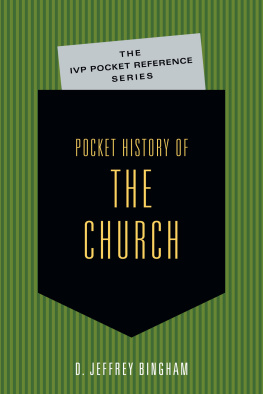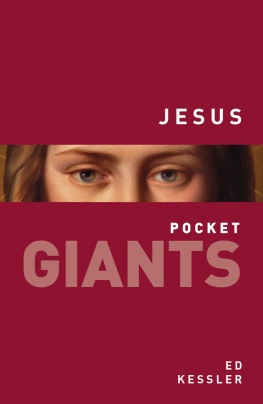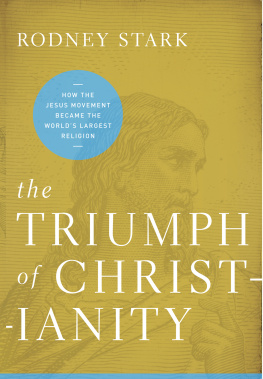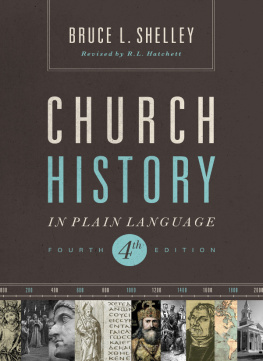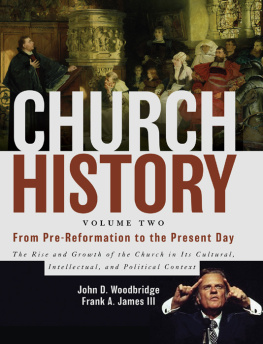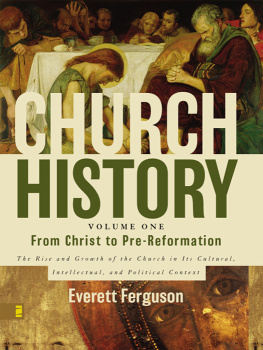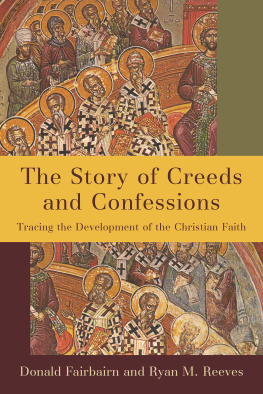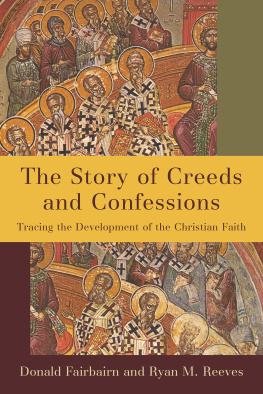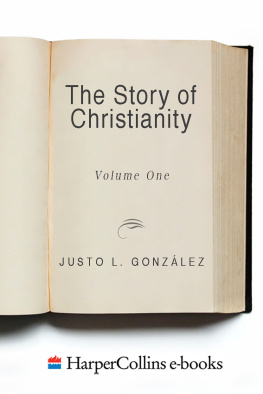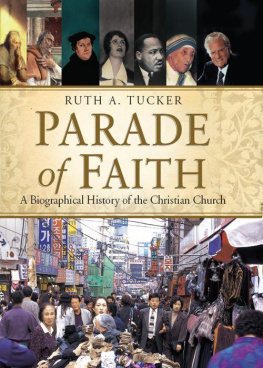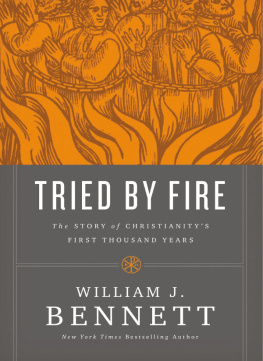Pocket Reference Collection from
IVP Academic
Pocket Dictionary for the Study of Biblical Hebrew by Todd J. Murphy
Pocket Dictionary for the Study of New Testament Greek by Matthew S. DeMoss
Pocket Dictionary of Apologetics & Philosophy of Religion by C. Stephen Evans
Pocket Dictionary of Biblical Studies by Arthur G. Patzia and Anthony J. Petrotta
Pocket Dictionary of Church History by Nathan P. Feldmeth
Pocket Dictionary of Ethics by Stanley J. Grenz and Jay T. Smith
Pocket Dictionary of New Religious Movements by Irving Hexham
Pocket Dictionary of North American Denominations by Drew Blankman and Todd Augustine
Pocket Dictionary of Theological Terms by Stanley J. Grenz, David Guretzki and Cherith Fee Nordling
Pocket Guide to World Religions by Winfried Corduan
Pocket Handbook of Christian Apologetics by Peter Kreeft and Ronald K. Tacelli
Pocket History of Evangelical Theology by Roger E. Olson
Pocket History of the Church by D. Jeffrey Bingham
Pocket History of Theology by Roger E. Olson and Adam C. English

D. JEFFREY BINGHAM
InterVarsity Press
P.O. Box 1400, Downers Grove, IL 60515-1426
World Wide Web: www.ivpress.com
E-mail:
2002 by D. Jeffrey Bingham
All rights reserved. No part of this book may be reproduced in any form without written permission from InterVarsity Press.
InterVarsity Pressis the book-publishing division of InterVarsity Christian Fellowship/USA, a movement of students and faculty active on campus at hundreds of universities, colleges and schools of nursing in the United States of America, and a member movement of the International Fellowship of Evangelical Students. For information about local and regional activities, write Public Relations Dept., InterVarsity Christian Fellowship/USA, 6400 Schroeder Rd., P.O. Box 7895, Madison, WI 53707-7895, or visit the IVCF website at .
All Scripture quotations, unless otherwise indicated, are taken from the Holy Bible, New International Version. NIV. Copyright 1973, 1978, 1984 by International Bible Society. Used by permission of Zondervan Publishing House. All rights reserved.
Cover design: Cindy Kiple
ISBN 978-0-8308-9843-5 (digital)
ISBN 978-0-8308-2701-5 (print)
This digital document has been produced by Nord Compo.
For my father,
and in loving memory
of my mother
(August 6, 1927 November 8, 2001)
Preface
Bill Cosby recounts the following conversation between himself and a boy named Arthur:
Tell me, Arthur, how would you change history?
I would leave out that part thats taught in school, he replied.
Then Im afraid that not much would have happened.
Thats okay. Too much stuff happened anyway.
Arthur expressed the key issue with which I struggled in writing this book. Too much stuff did happen. In order to deal with this problem I have had to be very selective in what I discussed. As a result, you will not find here a general or broad overview to the history of the church. Instead you will find selections from church history that I believe to be particularly important to evangelical Christianity in the twenty-first century. This is a church history meant to help frame Christian emphases in the present day. The choices, of course, involve personal viewpoints, but they are informed by several years of teaching church history to evangelicals in a seminary setting. I do not pretend that the selections will go unchallenged. My goal is to nurture Christian virtuesfaith, hope and lovethrough historical perspective. By demonstrating Christian vitality and weakness in each age, I hope to bring sober reflection upon our own expressions of Christianity. By introducing some major paradigms and issues, I intend to provide a succinct summary that will energize further reading and study. I hope to convince the reader that history aids spirituality. For helpful, one-volume introductions to fill in the gaps of this book, you may want to read Christianity Through the Centuries by Earle Cairns, Turning Points by Mark Noll, Church History in Plain Language by Bruce Shelley, and Exploring Church History by Howard Vos.
Not everyone will agree with my selections, and some may be disappointed in a gap I did not fill. To those readers I apologize. And that reminds me of something Will Rogers said about history and historians: History aint what it is; its what some writer wanted it to be.
Every historian is an interpreter of historical facts, presenting those facts as he or she understands them. The historian attempts to find some meaning or significance in what has happened in the past and to describe a relationship between this person and another, between this event and that one. Historians try to make connections and, out of those connections, to suggest lessons. This book presents what I believe to be the significance of several events and persons, not just a collection of facts and dates. Christians need to be helped by history, not burdened with all that stuff that happened. To this end, at times I indicate continuity that historical beliefs and practices had with Scripture. In many ways church history is the history of Christians interpreting the Bible. That interpretation shows itself in a variety of ways, from commentaries to liturgy and from the practice of discipleship to the production of conciliar creeds. Furthermore, occasionally I will mention ways in which contemporary Christian writers evidence commonality with their historical relatives. Significance is highlighted through continuity.
That brings me back to Bill Cosby. The comedian said, Yes, we are after the significance of dates, people and eventsbut not just any significance. We want to see the significance for Christian perspective in the new century.
So, what in history may be of particular use to Christians of the twenty-first century? Let me suggest three things.
First, history can help us put our own experience, knowledge and practice into proper perspective. Each generation is tempted to view itself as the best, brightest and most insightful generation. Each generation of Christians is tempted to see its way of worship, its way of ministry, its way of doing spirituality as the most biblical or practical. History reminds us that our generation is not the only one that has ever lived the Christian life. We are Christians within a company of Christians, both present and past, both living on earth and with the Lord. History helps keep us from becoming infatuated with ourselves. History nurtures the godly virtue of humility.
Second, history reminds us that actions and ideas have consequences not only in our own generation but also for generations to come. What we believe, teach and practice affects future generations of believers. Therefore history helps us to not act or teach impulsively. We must employ caution. We must enter into self-criticism and self-evaluation. History helps keep us from taking ourselves too seriously, as if we had all the best answers. At the same time history helps us take ourselves very seriously, because we affect others.
Third, history can give us new ideas, new ways of thinking, new examples of practice that may be biblical. Because these treasures of life and faith are old, because they have been locked away in that dusty old chest of history, when we finally open it up and take them out, they seem new. Wise Christians should always be historians in one sense. They sit higher and can see further, more panoramically, if they enrich themselves from the past. John of Salisbury (11151180), a medieval scholar, spoke of the jewels, the riches, the prestige of antiquity. He was right. The past has bequeathed to us its gems. Note his wise words:

